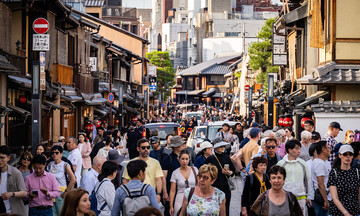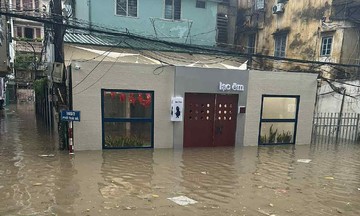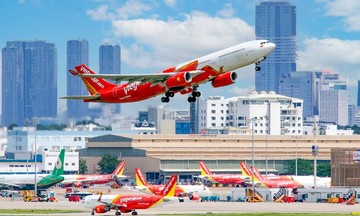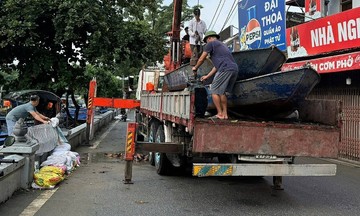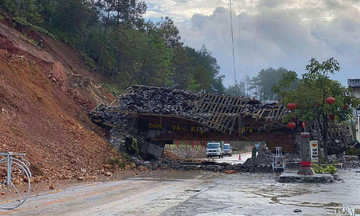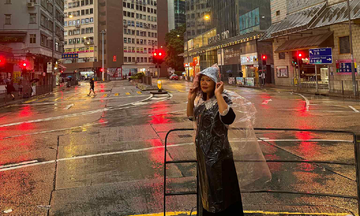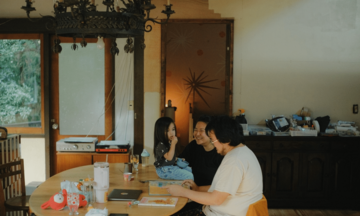According to an August report from holidu.co.uk, a UK-based vacation rental search and booking platform, Taipei, Taiwan, leads the list of safest cities for female digital nomads.
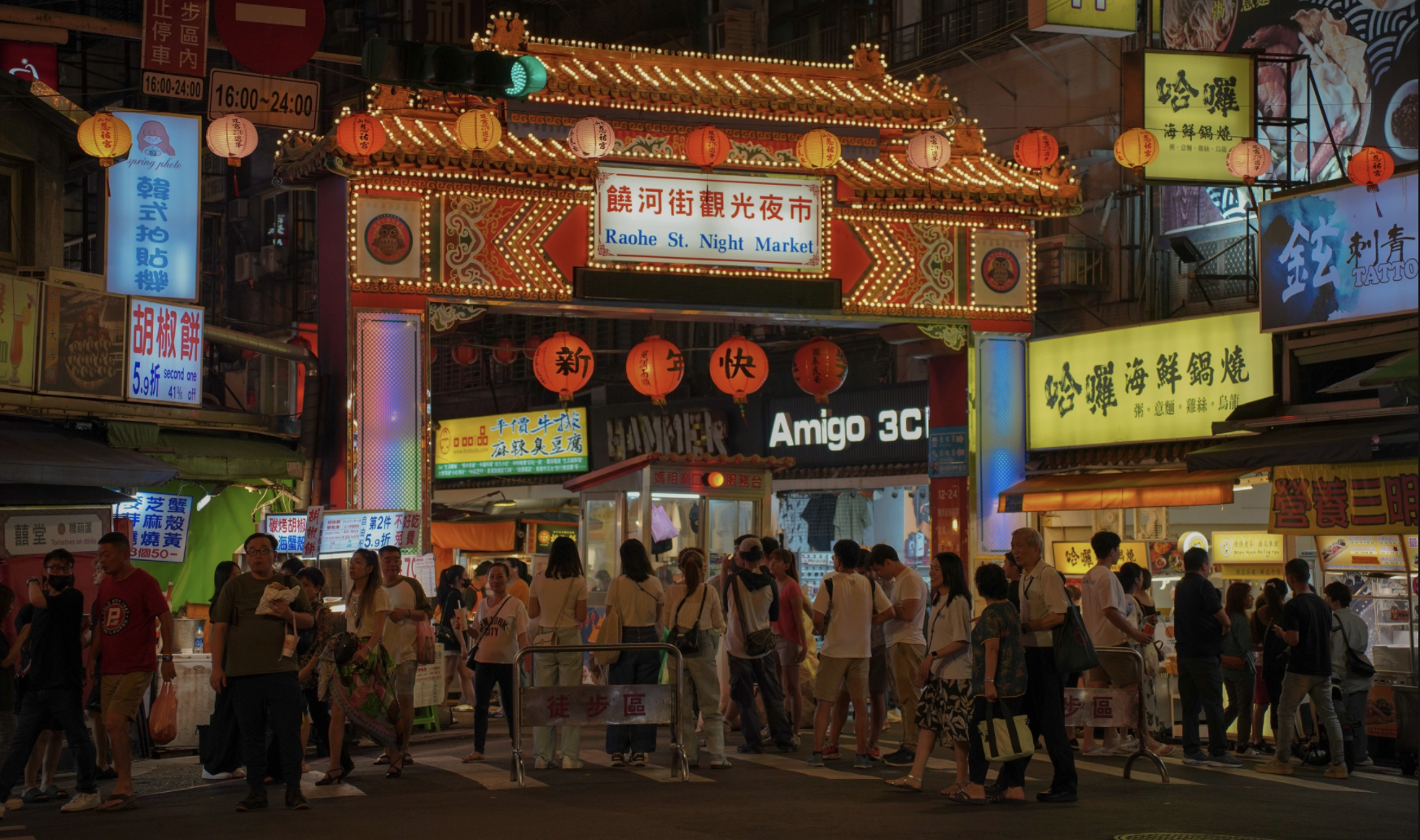 |
Visitors experience Raohe Night Market (Taipei City). Photo: Nguyen Tran Hieu |
Visitors experience Raohe Night Market (Taipei City). Photo: Nguyen Tran Hieu
The ranking, compiled by Holidu in collaboration with Nomads.com, is based on an analysis of data from 200 cities popular with the remote work community. The evaluation criteria include safety when walking alone at night, friendliness towards women and foreigners, the male/female ratio within the digital nomad community, and the legal framework protecting against workplace harassment.
Taipei scored highly thanks to its convenient and safe 24-hour public transportation system and the common sight of women traveling alone at night. The city ranked first in several categories, including the women's safety index, foreigner-friendliness, and legal framework protecting women's rights. Taiwan also stands out with Kaohsiung also appearing in 7th place.
Since the beginning of 2025, Taiwan has introduced a new visa for digital nomads, allowing stays of up to 6 months, aiming to both attract global talent and boost tourism.
Second on the list is Chiang Rai, Thailand. This mountainous city receives fewer tourists than other popular Thai destinations but is considered safe, with women feeling secure walking alone at night. Chiang Rai also has the highest percentage of female digital nomads among the surveyed Thai cities, at 22%.
| 10 safest cities in the world for female digital nomads
Southeast Asia also has two other representatives in the top 10: Penang (Malaysia) and Ubud (Indonesia), both highly regarded for their safety and appeal to the remote work community. A "digital nomad" refers to someone who works remotely using technology, able to work from anywhere with an internet connection. They are often professionals in technology and creative fields. This trend boomed after the Covid-19 pandemic, as remote work became a widespread option. Tuan Anh (According to Holidu) |




